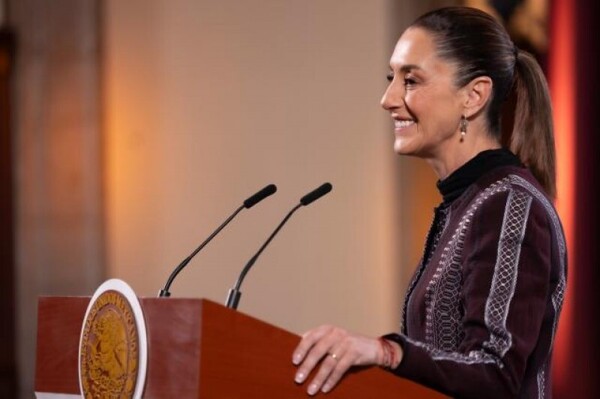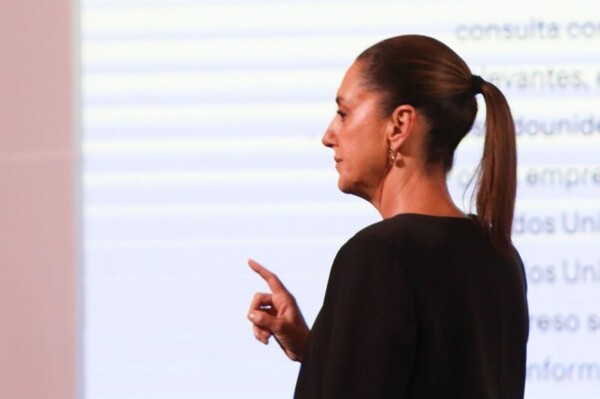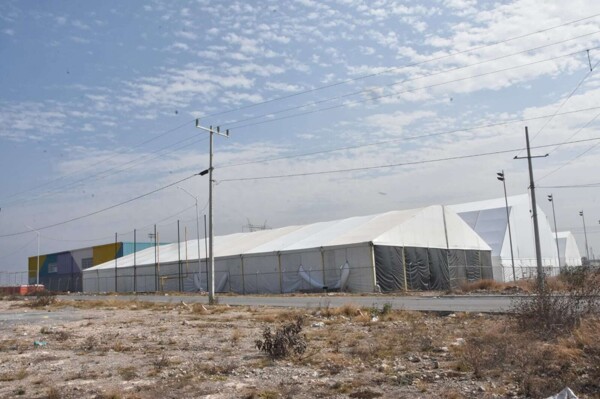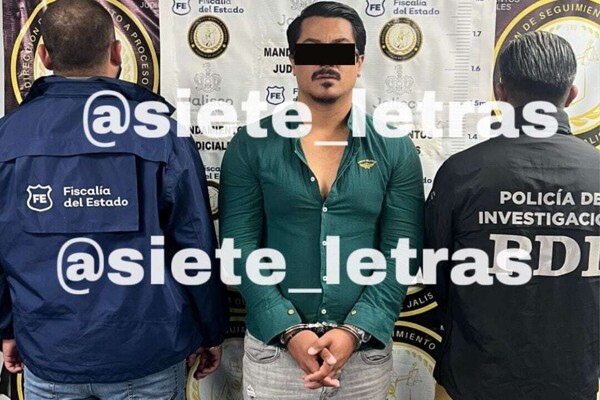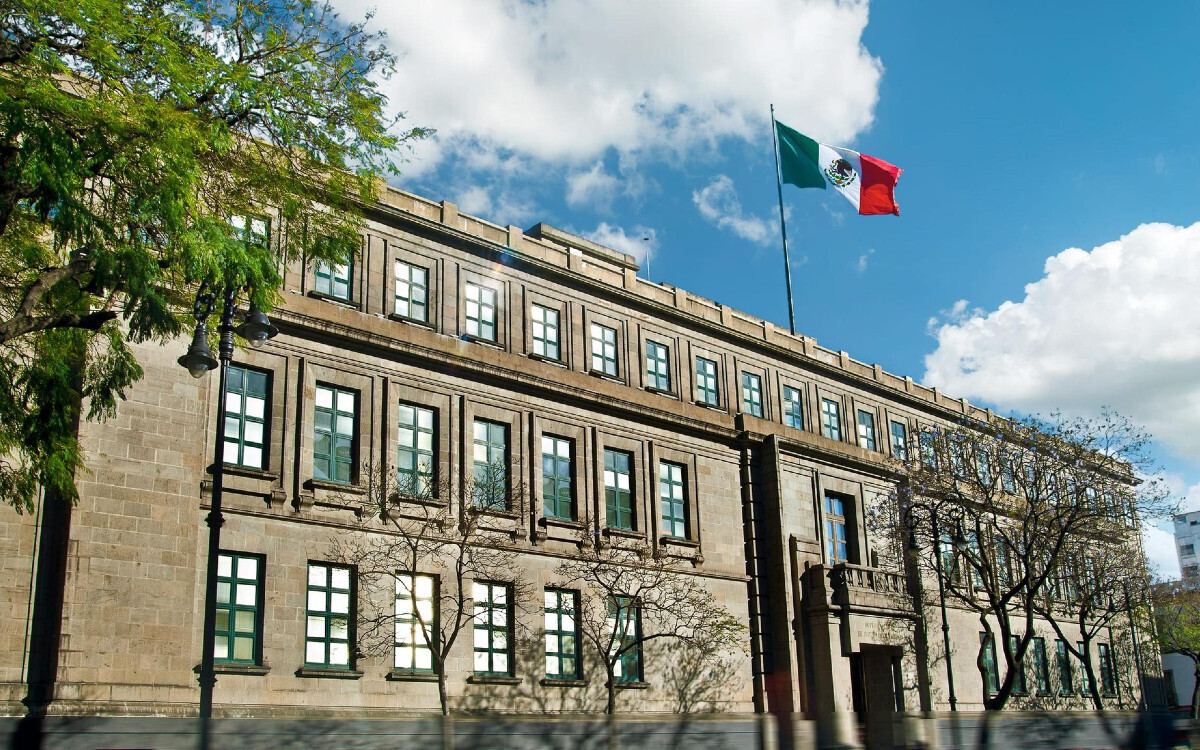
The Judicial Evaluation Committee has requested the Supreme Court of Justice of the Nation (SCJN) to resolve a legal conflict it faces, related to an order to suspend the judicial election process. Two contradictory judicial orders have been presented to the committee: one from the Electoral Tribunal of the Federal Judicial Power (TEPJF) to continue with the process and another from a federal judge ordering the suspension. María Emilia Molina de la Puente, a magistrate of the committee, confirmed that they are evaluating the implications of both orders.
The Evaluation Committee has taken this measure due to the discrepancy between the presented judicial decisions, as both entail penalties in case of non-compliance. The request for jurisdiction to the Supreme Court seeks to clarify the legal situation and determine which of the two orders should be followed.
Meanwhile, the Executive and Legislative Committee of the Judiciary has chosen to ignore the suspension order from the federal judge of Michoacán, arguing that in electoral matters, the suspension of the amparo trial does not apply. They consider this situation part of the obstacles against the Judicial Reform, which establishes the democratic election of judges, magistrates, and ministers.
President Claudia Sheinbaum Pardo reaffirmed that the first federal judicial election, scheduled for June 1, will be held as planned despite the legal challenges presented against it. Sheinbaum Pardo reminded that the Constitution supports this election following the approval of the judicial reform and that they cannot stop a process established by law. The president emphasized that this event will include the participation of the coordinating committees of the Judiciary, Executive, and Legislative branches, who will select the most suitable candidates after a transparent evaluation process.











